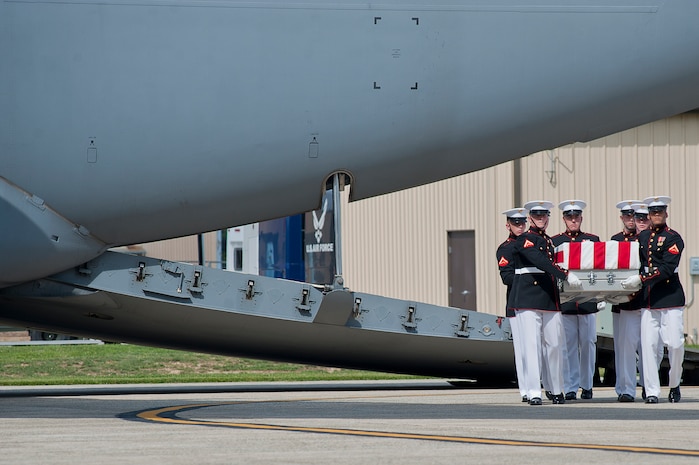By Jesse Van Genugten


Photo: Marine Barracks Washington D.C., License: Public Use
On the morning of October 2, 2017, silent observers and interested
parties sit quietly in wait of one of the most anticipated trials of the year. At
promptly 9:00 AM we all rise as Judge Christopher Cooper opens the doors
connecting his chambers to the courtroom and takes his seat in front of the
large gold emblem of the U.S. District Court of the District of Columbia. Soon
thereafter, flanked by several U.S. marshals, the Defendant Ahmed Abu Khatallah
walks to his place at the defense counsel’s table and inserts his headphones
for translation. And just like that, the
trial of the only individual the U.S. Government has charged in relation to the
attack in Benghazi more than five years ago begins.
As with all criminal
cases, the Government’s prosecuting attorneys are granted the floor first and Assistant
U.S. Attorney John Crabb, Jr. walks the jury through the harrowing events of
September 11-12, 2012. In charging the defendant with no less than eighteen
counts, Crabb crafts his narrative of culpability around the notion that the defendant
was the ‘master-mind’ behind the attacks. In strong terms, he condemns
Khatallah’s alleged anti-American rhetoric in the months preceding the attack
and urges the jury to assess the defendant’s views as motivation for providing
material support and resources to the perpetrators.
The largest hurdle the
Government must jump over to hear the jury foreman utter the single word
‘guilty’ at the end of the trial arises from the fact that the defendant did
not himself set fire to Ambassador Stevens’ residence in Benghazi nor fire the
mortars that killed two CIA operatives. According to testimony during the first
week of trial, Khatallah was present at the compound during the attack, but the
Government’s case must rest on the Defendant’s criminal association, as former
head of a militia group present in Benghazi following Qaddafi’s downfall, with
the individuals that committed the attack. In essence, the prosecution claims
Khatallah set in motion the events that took the lives of four Americans.
The defense counsel’s
theory of the case strikes quite a different note, however. Attorney Jeffrey
Robinson presents Khatallah as a man who was simply at the wrong place at the
wrong time. There is undisputed video evidence that the defendant was present
at the U.S. diplomatic compound, yet Robinson wants the jury to understand that
there exists nothing to suggest Khatallah was in fact the master-mind of the
attacks. Like most effective trial lawyers, Robinson crafts a specific
narrative throughout his opening statement. His narrative posits that the
government demands justice be doled out to those to blame for the tragedy, and
the presence of the defendant in U.S. custody, as the only one, provides an
opportunity to scapegoat him for that exact purpose.
The trial is expected
to last 5-6 weeks. As Mr. Khatallah is the last – and only – defendant
associated with the Benghazi attack haled into court in the U.S., the outcome
of this trial could determine whether the nation can close this bloody chapter
in its diplomatic history and begin healing. In order to do so, however, the
jury must determine that the defendant has not simply been targeted by the U.S.
outside of the bounds of the judicial system as a means of achieving closure at
the cost of Mr. Khatallah’s freedom.
The appearance of U.S. Department of Defense (DoD) visual information does not imply or constitute DoD endorsement.



